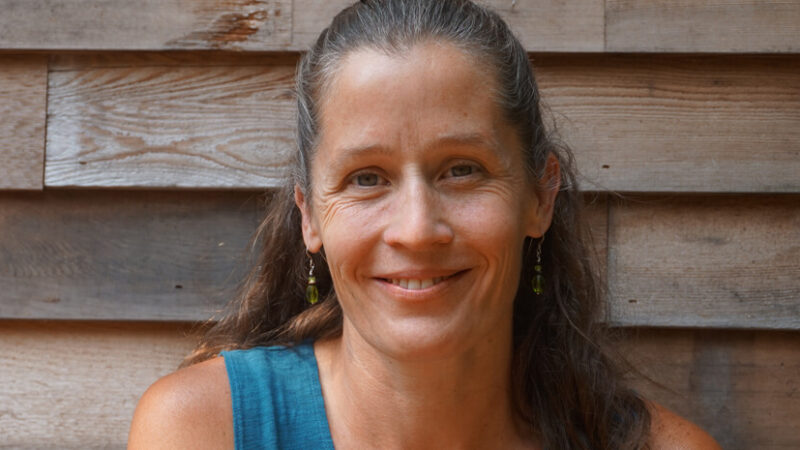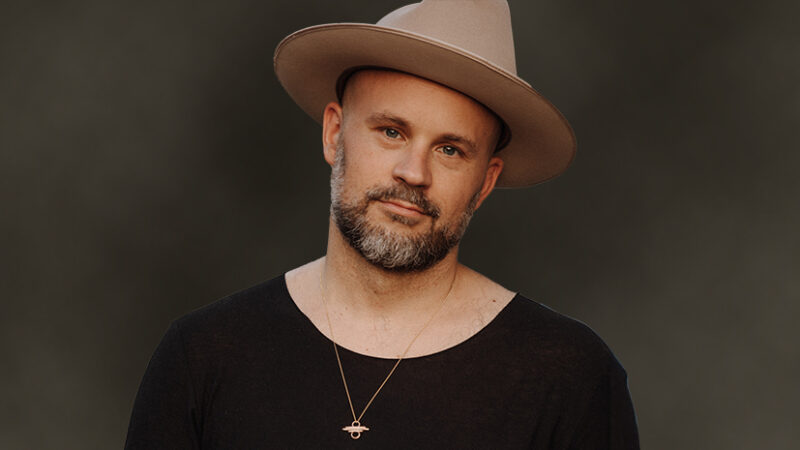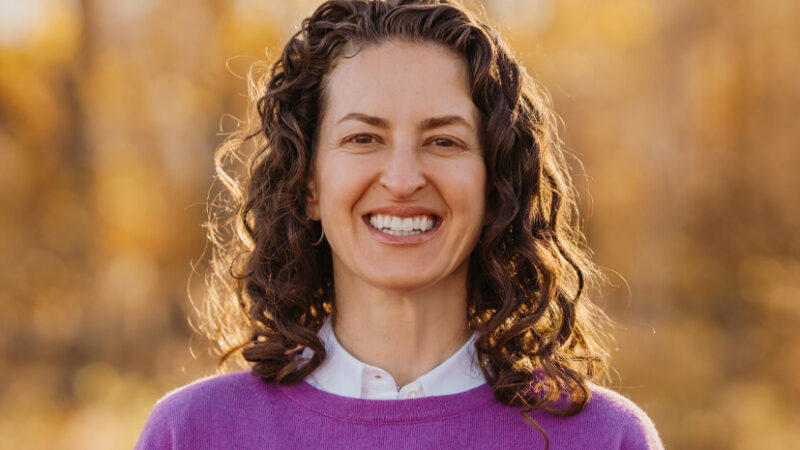The Gifts of Imperfect Parenting – with Brené B...
We all know that perfect parenting does not exist, yet we still struggle with the social expectations that teach us that being imperfect is synonymous with being inadequate. These messages are powerful and we end up spending precious time and energy managing perception and the carefully edited versions of the families we show to the world.
On The Gifts of Imperfect Parenting: Raising Children with Courage, Compassion, and Connection, Dr. Brené Brown invites us on a journey to transform the lives of parents and children alike. Drawing on her 12 years of research on vulnerability, courage, worthiness, and shame, she presents 10 guideposts to creating what she describes as “wholehearted” families where each of us can continually learn and grow as we reach our full potential.




